
Managing debt can feel overwhelming, especially with rising living costs and high interest rates. Many people in South Africa are under financial pressure, but debt relief options offer structured ways to manage and repay debt. If you’re managing personal loans, credit card debt, or a home loan, understanding your options is the first step toward taking control of your finances. Debt relief goes beyond reducing payments; it’s about actively working towards a stable financial future.
Key Takeaways
- Debt relief in South Africa offers structured solutions: Options like debt review, consolidation, and settlement can help manage debt effectively and regain financial stability.
- Choosing the right debt relief strategy requires careful consideration: Factors such as your total debt, income, and long-term financial goals will determine whether debt review, consolidation, or settlement is the best option for you.
- Maintaining financial discipline after debt relief is key to staying debt-free: Building an emergency fund, sticking to a budget, and prioritising savings are important steps in preventing future debt.
About Arcadia Finance
Get your loan with ease at Arcadia Finance. Choose from 19 trusted, NCR-compliant lenders, with zero application fees. We make borrowing straightforward and reliable, giving you access to solutions to meet your financial needs.
What is Debt Relief?
Debt relief is a process that helps individuals or businesses manage outstanding debt more effectively, often by reducing the total amount owed or restructuring payments to make them more manageable. In South Africa, debt relief options are available to assist those facing financial hardship and struggling to repay their debt. The aim is to establish a repayment plan that is within reach or, in some cases, negotiate with creditors to reduce the overall debt.
Types of Debt
Debt comes in various forms, and understanding which type you have is key to selecting the appropriate debt relief option. Common types of debt include:
- Personal Loans: Borrowed funds for personal expenses, typically at fixed interest rates.
- Credit Cards: Revolving credit with high interest rates if balances aren’t cleared each month.
- Home Loans: Mortgages that can become burdensome during financial difficulties.
- Car Loans: Loans for vehicle purchases, usually secured by the vehicle itself.
Each type of debt carries different implications, so the right debt relief strategy depends on the type and size of your debt.
How Debt Accumulates
Debt can quickly become overwhelming due to factors such as job loss, rising living costs, medical emergencies, and unexpected expenses in South Africa. Many people rely on credit to cover immediate needs, leading to long-term financial strain.
A significant challenge is the impact of high-interest rates, which can cause debt to grow rapidly. Coupled with inflation and stagnant wages, keeping up with payments can become difficult. This can lead to legal action or blacklisting, further limiting financial options.

Bank Relief Efforts and Social Support During Financial Strain
Banks in South Africa are heavily regulated to protect the salaries and savings entrusted to them by individuals, professionals, and businesses. Customers serve as both depositors and borrowers. The money deposited is used to provide loans, which must be repaid to ensure banks can return funds, with interest, when customers request it. Bank relief measures focus on offering temporary repayment flexibility rather than debt forgiveness. It is important for customers to continue meeting their financial commitments to enable banks to support as many people as possible.
In addition to offering relief to customers, banks have provided over R176 million in financial assistance to social support projects. These initiatives include supplying food and hygiene products to vulnerable communities, along with personal protective equipment, medical supplies, and beds for isolation wards. This is separate from the regular corporate social investment, which totalled R666 million in 2018 for social development efforts.
Banks recognise that the Covid-19 pandemic and lockdown have caused increased financial strain on many customers through no fault of their own, and they are working to provide support during these difficult times.
Our Debt.co.za Review offers insights into personalized debt solutions tailored for South Africans.
Bank Relief Options for Financially Distressed Customers
While it is ideal for customers who can meet their financial obligations to continue doing so, banks offer various relief options for those facing financial difficulties, such as:
Assistance with credit life insurance claims
These policies vary but may cover part of loan repayments or the outstanding debt in cases of death, disability, retrenchment, or loss of income. Banks are assisting customers with linked credit life insurance to initiate claims, as this can be a practical solution for those who have coverage.
Instalment reduction for a limited period
Payments may be temporarily reduced, but interest and fees will continue to accumulate and must eventually be repaid. This may extend the loan term and result in higher overall costs.
Payment break
During a payment holiday, interest and fees still accrue, and customers remain responsible for these charges. This can also extend the loan term and increase the total repayment. Payment holidays generally last between one and three months, depending on the bank’s credit policies, and may be offered proactively or upon request.
Debt review customers
Those already under debt review should contact their debt counsellor, who can propose a revised repayment plan for the bank to consider on a case-by-case basis.
Relief measures for Shariah-compliant products
Customers using Shariah-compliant services should contact their bank to confirm which relief options are available to them.
Small businesses in business rescue
Businesses in business rescue should reach out to their Business Rescue Practitioner (BRP), as banks will assess these situations individually.
Navigating debt can be overwhelming, but debt counseling is a structured solution designed to help you regain financial stability. Debt counselors negotiate with creditors on your behalf, making it possible to secure lower payments and protect your assets while working toward a manageable repayment plan.
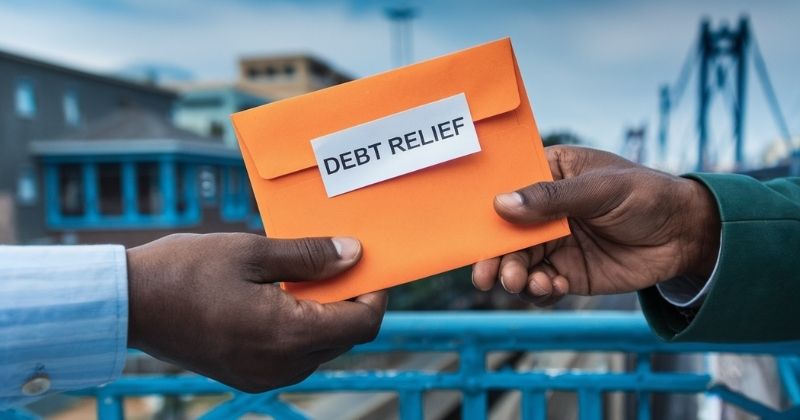
How to Choose the Right Debt Relief Option
Choosing the right debt relief option depends on your financial circumstances, the type of debt you owe, and your repayment capacity. With multiple strategies available, it’s important to weigh the pros and cons of each approach to make a well-informed decision.
Factors to Consider
Choosing the most suitable debt relief strategy requires careful evaluation of several factors, including:
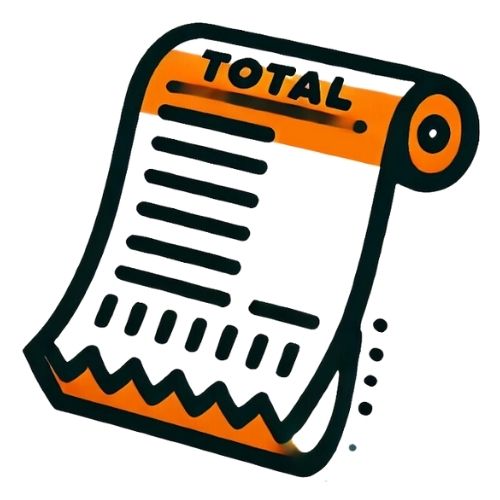
Total Debt Amount: The size of your debt significantly influences which option is most appropriate. Smaller debts may be handled through debt consolidation, whereas larger, unmanageable debts might require a more structured approach like debt review.
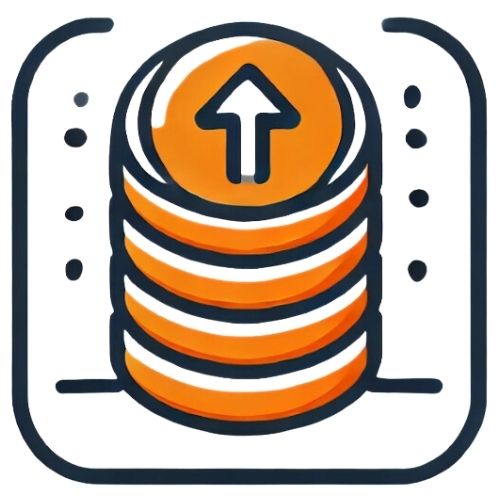
Income and Repayment Ability: If you have a stable income but are struggling with monthly repayments, debt consolidation can help lower your monthly payments. However, if you’re unable to make any payments, debt review or settlement may be more appropriate.
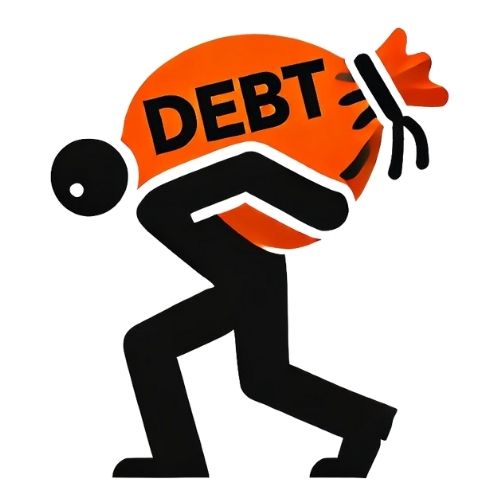
Types of Debt: Some relief options are better suited to certain types of debt. For instance, debt consolidation works well for personal loans or credit card debt, while debt review is tailored for managing a mix of secured and unsecured debts.
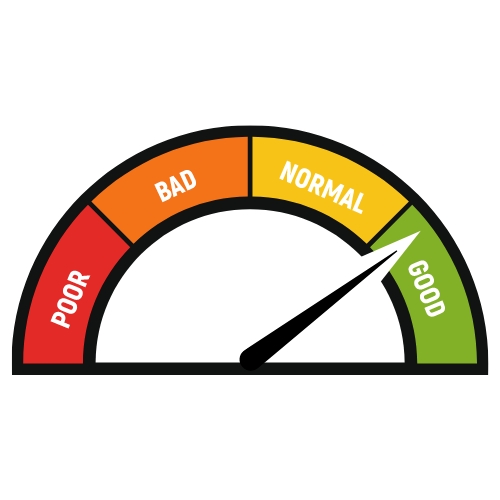
Impact on Credit Score: Different debt relief options will affect your credit score in varying ways. Debt review may limit your ability to access new credit, while debt consolidation can help you avoid negative marks if payments are made on time. On the other hand, debt settlement can have a more serious impact on your credit rating.
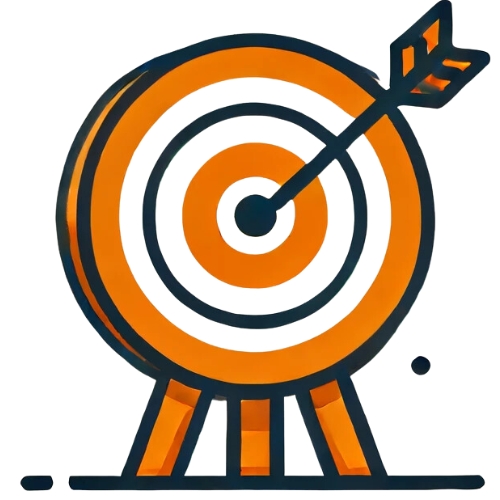
Long-Term Financial Goals: Consider how the debt relief option fits with your future financial objectives. If you’re focused on protecting your assets, debt review might be the best solution. If your goal is to quickly resolve debt and move forward, settlement may be more fitting.
Debt relief programs provide a lifeline for individuals struggling with overwhelming financial obligations. However, without addressing the root cause, such as emotional spending, debt can quickly resurface. Read Emotional Spending Habits and How to Break the Cycle to gain insight into why people overspend and how to develop long-term financial discipline.
Comparing Debt Review, Consolidation, and Settlement Options
There are several key debt relief options available in South Africa, each with its advantages and disadvantages. Below is a comparison of debt review, debt consolidation, and debt settlement to help you make the right decision:
Debt Review
A legal process where a debt counsellor helps restructure debt payments to make them more manageable. It protects you from legal action by creditors while negotiating a repayment plan.
Pros
- Provides legal protection from creditors.
- Allows for a structured repayment plan.
- Suitable for those with multiple debts.
Cons
- Can take longer to repay all debts.
- You cannot apply for new credit during the review period.
Debt Consolidation
Combines multiple debts into a single loan, typically with a lower interest rate or longer term. This simplifies payments into one monthly instalment.
Pros
- Simplifies debt management.
- Reduces monthly instalments.
- Generally, no negative impact on credit score if managed well.
Cons
- Interest may accumulate over a longer period.
- Not ideal for those with severe debt.
- Assets may be required as security.
Debt Settlement
Negotiates with creditors to accept a reduced lump sum as full payment. The debt is considered settled once the lump sum is paid, even if it’s less than what was originally owed.
Pros
- Clears debt quickly.
- Allows you to pay less than owed.
- Good for those with a lump sum available.
Cons
- Can negatively affect your credit score.
- Creditors may not agree to settle.
- Possible tax implications on forgiven debt.
Understanding the differences between debt consolidation and debt settlement can be crucial in choosing the right relief strategy.

Preventing Future Debt
Once you’ve completed a debt relief programme, it’s important to implement measures that will help you avoid future debt. Developing sound financial habits will not only keep you out of debt but also enhance your overall financial stability. Below are practical tips for managing your finances, budgeting, and saving, along with the importance of building an emergency fund to help you stay debt-free.
Practical Tips for Managing Finances After Debt Relief
Maintaining financial discipline is key to avoiding debt after finishing a debt relief programme. The following steps can help you manage your finances effectively:
- Create a Financial Plan: Monitor your monthly income, expenses, and savings targets to help you stay within your budget..
- Limit Credit Use: Avoid taking on new loans or credit cards unless necessary. If you must use credit, repay the full balance each month to avoid interest.
- Prioritise necessities over luxuries: focus on essential expenses like rent and groceries, and limit non-essential spending to save money and avoid debt.
- Review Expenses Regularly: Regularly assess your spending to identify areas where you can cut back, such as unused subscriptions or entertainment costs.
Budgeting and Saving Techniques
Budgeting is a vital tool for staying debt-free and managing your finances. Here are some effective budgeting techniques:
Use the 50/30/20 Rule
Allocate 50% of your income to necessities (e.g., housing, food), 30% to discretionary spending, and 20% to savings or debt repayment.
Track Every Expense
Record all transactions using apps or spreadsheets. This makes it easier to spot potential savings and avoid overspending.
Set Realistic Savings Goals
Start by saving a small portion of your income each month, gradually increasing the amount over time. Clear savings goals will keep you motivated.
Automate Savings
Set up automatic transfers to your savings account, ensuring regular contributions without needing to think about it.
Choosing the right debt repayment strategy is key to faster financial recovery. Whether it’s the snowball, avalanche, or a customized approach, a focused repayment strategy can reduce debt faster and save you interest in the long run.
Building an Emergency Fund to Avoid Debt
An emergency fund provides a financial safety net for unexpected costs, such as medical bills, car repairs, or job loss. This helps prevent you from falling back into debt. Here’s how to build one:
- Set a Target: Aim to save enough to cover three to six months’ worth of living expenses. Even a smaller amount can make a difference during emergencies.
- Start Small: Begin with manageable amounts, such as R500 or R1 000, and gradually increase your contributions over time.
- Use a Separate Account: Keep your emergency fund in a separate account to prevent using it for everyday expenses. This ensures it’s available when needed.
- Contribute Regularly: Make monthly contributions, even if they are small. These will accumulate over time and provide financial security.
Conclusion
Debt relief in South Africa offers practical options for individuals experiencing financial difficulties, including debt review, consolidation, and settlement to help manage and reduce debt. By thoroughly assessing your financial situation, understanding the impact of each relief method, and seeking professional advice when necessary, you can regain control of your finances. However, maintaining long-term financial stability requires adopting disciplined budgeting practices, building an emergency fund, and managing expenses responsibly to prevent slipping back into debt.
Frequently Asked Questions
Debt review is a legal process where a debt counsellor restructures your debt payments, offering protection from legal action by creditors. Debt consolidation, however, combines multiple debts into a single loan with a lower interest rate, simplifying your payments but without the legal protections offered by debt review.
Debt relief options such as debt review can negatively affect your credit score, as you won’t be able to take on new credit during the process. Debt settlement may also lower your credit score, whereas debt consolidation, if managed responsibly, can help maintain or improve it over time.
Debt relief is available to individuals or businesses unable to meet their debt obligations due to financial hardship. It is generally intended for those with a regular income who are overwhelmed by unsecured debt, such as credit card balances and personal loans.
No, you cannot apply for new credit while under debt review. The process is designed to help you manage and repay your existing debt, and taking on new credit would hinder this objective.
The length of debt review depends on your repayment plan and the amount of debt you owe. On average, it takes between three to five years to complete, but this varies according to your financial circumstances and repayment ability.
Fast, uncomplicated, and trustworthy loan comparisons
At Arcadia Finance, you can compare loan offers from multiple lenders with no obligation and free of charge. Get a clear overview of your options and choose the best deal for you.
Fill out our form today to easily compare interest rates from 19 banks and find the right loan for you.


